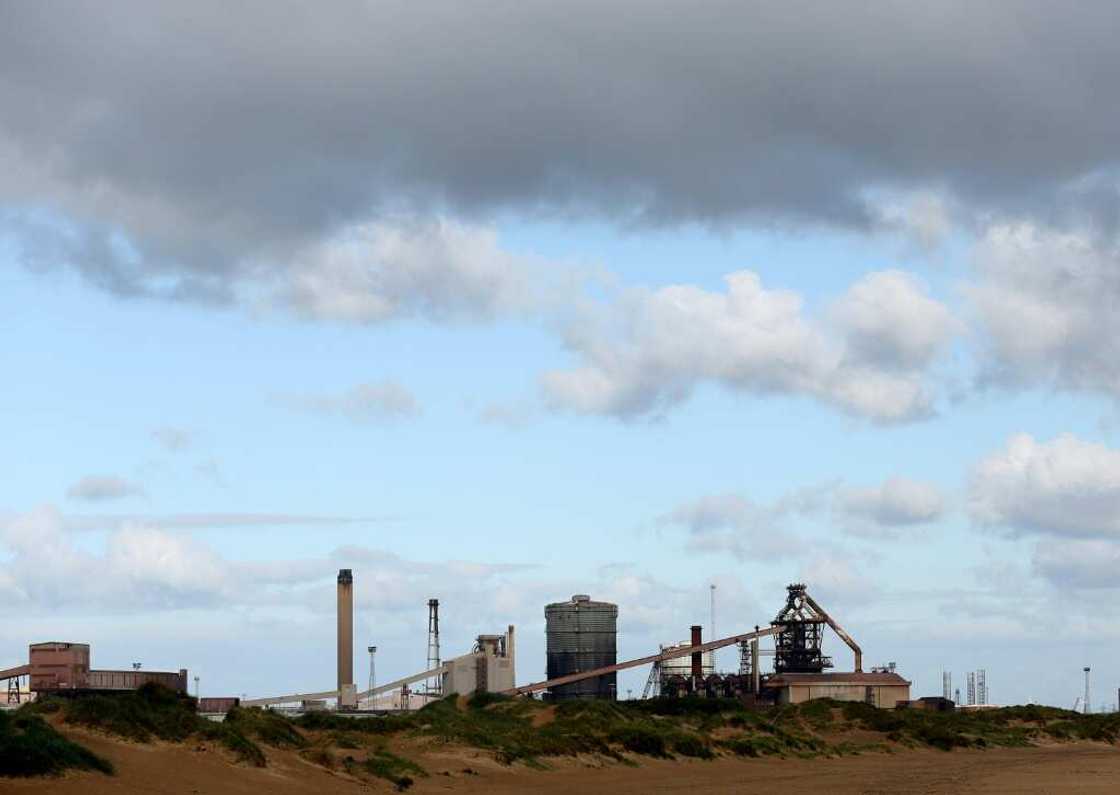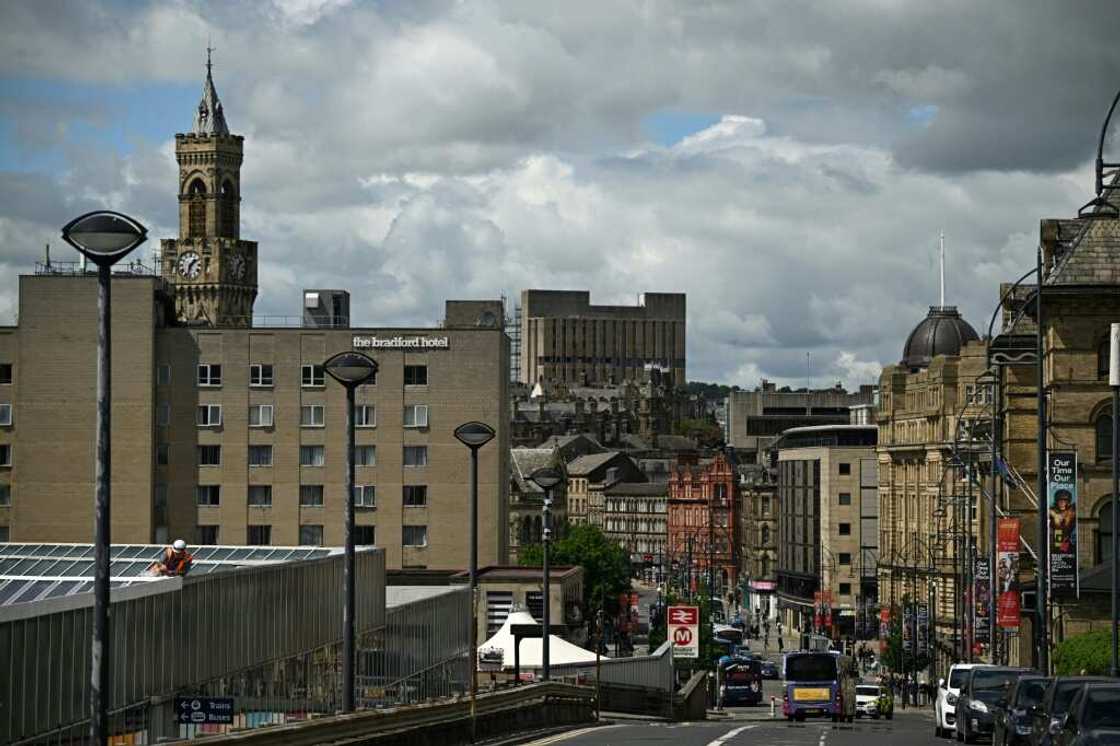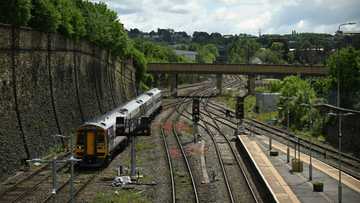Levelling up the UK: 'I'll believe it when I see it'

Source: AFP
In Redcar, northeast England, the remnants of the nearby Teesside Steelworks are an enduring sign of the town's proud former place at the heart of industrial Britain.
The plant -- once one of the country's largest -- is a forlorn reminder of when its metal was used all over the world, including for the Sydney Harbour Bridge.
As prime minister, Boris Johnson vowed to bring long-neglected post-industrial areas level with other, more prosperous places.
But people in Redcar and elsewhere have long memories -- and faint hopes for success.
"When the steelworks went down it was just awful," said Sandra Cottrell, 64, who has seen the complex's gradual demise from her home on the Church Lane Estate, a public housing complex.
"My son and everybody worked there... (he) had only ever known working in the steelworks, then he had to go work in Manchester," a drive of two and half hours away, she told AFP.
PAY ATTENTION: Subscribe to Digital Talk newsletter to receive must-know business stories and succeed BIG!
Cottrell said Redcar's town centre, where many shops have either shut or been turned into charity or discount stores, sums up its demise.
Yet there are tentative signs of renewal.
Work is progressing to regenerate the housing estate -- which had earned a reputation locally for crime, poverty and neglect -- paid for in part by Johnson's flagship "levelling up" agenda.
"It's what we need round here. I just think that we got left out a bit, but they're sort of on to us now," said Cottrell's neighbour Cath Smith, 60.
Smith has lived on the estate since her teens and remembers its better days.
"Everybody worked," she said of the area's 1970s heyday, when state-owned British Steel employed her father and most other local men.
The firm was privatised in 1988, and the steelworks gradually declined under the ownership of several successive companies.
Governments since were blamed for failing to help replace the thousands of lost jobs.
"They haven't bothered," Smith added. "It's as if we didn't exist."
Neither neighbour was convinced that places like Redcar can bounce back under Johnson's plans.
'Forgotten'
In Bradford, some 70 miles (112 kilometres) to the southwest, it's a similar story but involves the loss of the once-mighty woollen industry.

Source: AFP
"When I was a young girl, it was just fantastic," Judith Holmes, 69, said near the 19th-century Venetian Gothic-style town hall and landmark clock tower which dominate the city centre.
"Trade, woollen... every shop was open. It was thriving... it was buzzing, it was fabulous, absolutely fabulous.
"But it just seems to have gone downhill these last few years, unfortunately."
The city -- the sixth biggest in England, with one of the youngest populations in Europe and set to be the UK "city of culture" in 2025 -- also suffers from some of its most persistent deprivation and unemployment issues.
"I do think Bradford's been forgotten, definitely," said Holmes, echoing her contemporaries in Redcar.
"We've had a lot of promises and it's never come through.
"It'll take a lot to bring it back. I think they could do it, but they need to start doing it now, rather than saying maybe and they plough money here and there."
A one-time Royal Mail postal service employee in its former city centre hub, Holmes now cleans an office twice a week to get by.
Holmes is sceptical that Johnson and the government truly understand the daily struggle of those caught up in the city's decline.
"I'll believe it when I see it," she said of the transformation promises, now in jeopardy with Johnson's looming departure.
"I might not see it at my age. But I hope it comes for everybody else, for my grandchildren. Hopefully it'll be a brighter future for them."
Source: AFP





